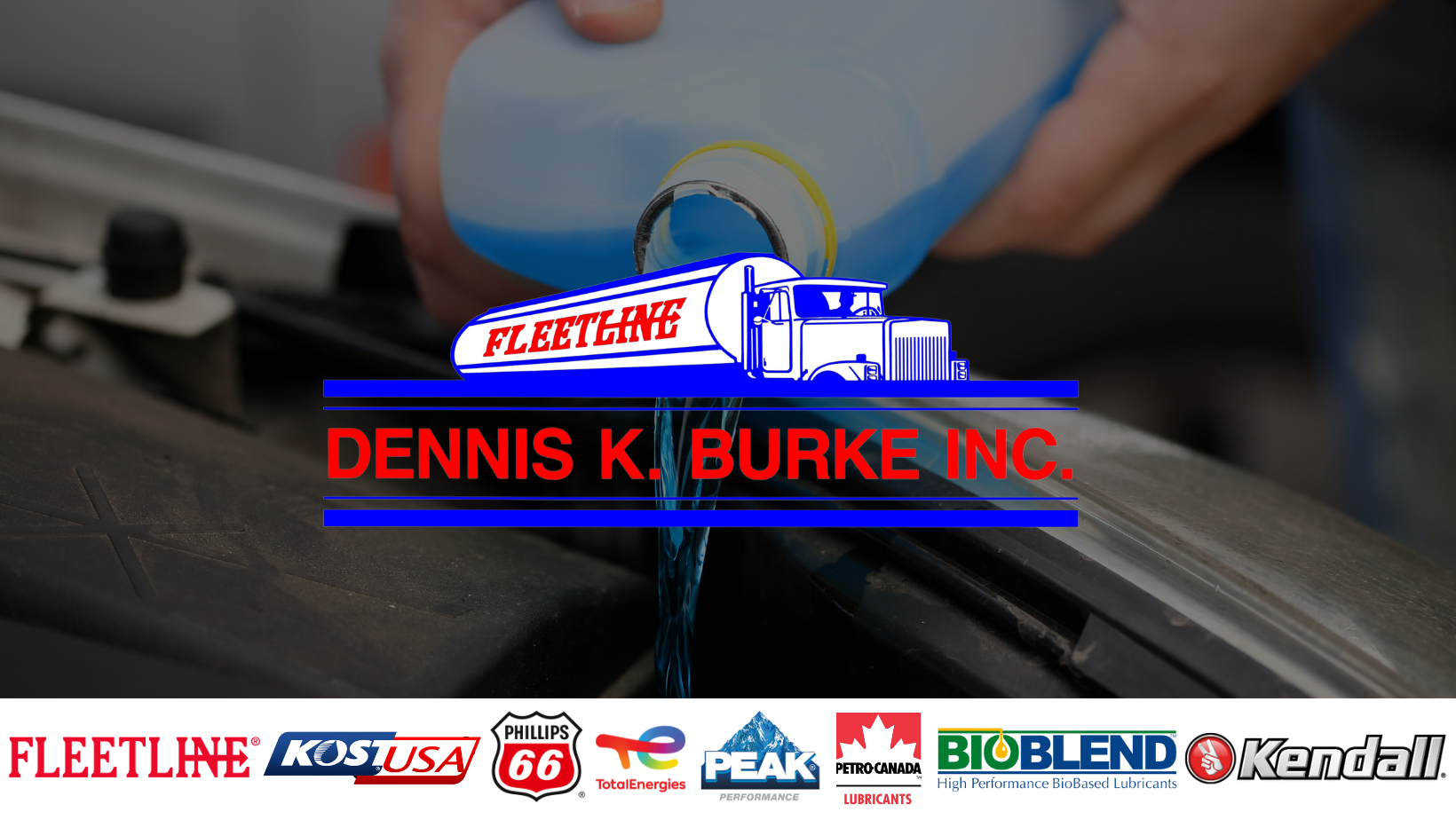Heavy-Duty Diesel Engine Oil – CK-4 & FA-4 - Doug's Tip of the Month

Why use CK-4 or FA-4? CK-4 and FA-4 are the current Heavy-Duty Diesel Engine oil spec.
CK-4 is designed for use in all diesel engines requiring legacy API specifications (i.e. CJ-4, CI-4, CI-4 +, etc.) FA-4 is designed for use in 2017 and newer engines. Lower Viscosity Grades resulting in better fuel economy. What are the features and benefits of the CK-4 & FA-4 diesel engine oils?
- CK-4 oil has improved temperature performance capabilities, thermal and oxidative stability and added wear protection over the previous CJ-4 specification. In addition, CK-4 has excellent contamination and aeration control and shear stability. CK-4 oil is the best way to optimize the performance, fuel economy, and durability of Heavy-Duty Diesel Engines.
- FA-4 has the same features as CK-4 but again is lower viscosity grades that provide improved fuel economy.
Temperatures can greatly affect heavy-duty engine oils and diesel engine performance. Some of the effects of higher temperatures on heavy-duty engine oils:
- Thermal breakdown: High temperatures prompt the breakdown of the molecular structure of oils, leading to reduced viscosity. This breakdown can compromise the oil’s ability to lubricate the engine components effectively, making it thinner and reducing its protective properties. This can increase wear and tear on components over time.
- Evaporation: Heat accelerates the evaporation of lighter components in the oils, which can result in more make up oil between oil changes.
- Oxidation: Heat and oxygen exposure can cause oil to oxidize, forming sludge and deposits that can clog engine passages and reduce efficiency. As antioxidant additives are depleted due to Oxidation, the oil can become degraded very quickly.
- Additive depletion: Extreme temperatures can accelerate the depletion of the additives in the oil. These additives are crucial to maintaining engine cleanliness, preventing deposits, and reducing friction.
Choosing the right diesel engine oil is key to optimizing the maintenance and performance of heavy-duty engines. The OEM - original equipment manufacturer, recommended the correct viscosity grade for their engines. These viscosity grades are recommended according to the expected ambient temperatures, especially starting temperatures. The significance of engine oil viscosity grades is also paramount when selecting the right oil in extreme weather. The "W" in the grade stands for "winter," indicating the oil's ability to flow during cold temperatures. Both 10W-30 and15W-40 oils boast high-temperature stability, making it an ideal choice for heavy-duty engines operating under intense heat or heavy loads.
Consider using a synthetic or synthetic blend lubricant with the same viscosity and quality claims. Synthetic and synthetic blend lubricants are better designed to handle wider temperature ranges. They have better oxidation resistance and a lower coefficient of friction than conventional mineral oils. 10W-30 viscosity grade can assist in attaining new efficiency standards by improving fuel economy (from 1% to as much as 3% fuel economy over conventional HD15W-40 viscosity grade oils). Synthetic Blends and Synthetic heavy-duty engine oils are engineered with the latest technologies to help protect engines during higher operating temperatures, fuel injection pressures while still meeting tighter wear limits and lower emission requirements.
Please reach out to your Sales Representative or myself, Doug Vrooman, Senior Technical Advisor, with any questions you may have!

